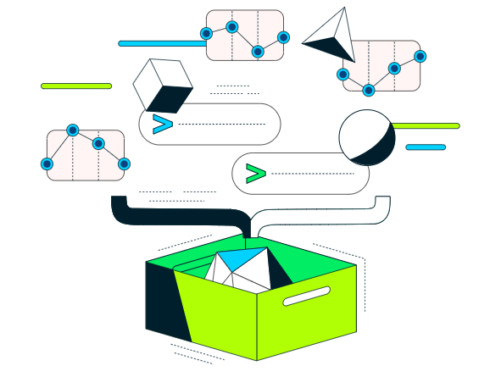

At its annual developer conference, MongoDB.local NYC, MongoDB announced a number of new capabilities for its multi-cloud database MongoDB Atlas.
“Customers tell us they love MongoDB Atlas because it provides an integrated set of capabilities on one platform that can store and process their organization’s operational data across all of their applications,” said Sahir Azam, chief product officer at MongoDB. “Customers also tell us that MongoDB’s highly flexible and scalable document data model is a perfect fit for powering modern applications that can take advantage of generative AI and their real-time proprietary data. The additional services we’re launching today for MongoDB Atlas not only make it easier to build, deploy, and run modern applications, but also make it easier to optimize performance while reducing costs.”
First, it announced the general availability of MongoDB Atlas Stream Processing, which allows for analysis of streaming data, or data in motion, coming from IoT devices or inventory feeds. Streaming data can be used to create dynamic experiences in applications, but requires a new data model. With MongoDB Atlas Stream Processing, developers will be able to create applications that can change their behavior based on this dynamic data.
Examples of applications that can be built using this include an app that optimizes shipping routes using current weather conditions and supply chain data feeds, or fraud detection that utilizes transaction histories in real time.
Next, MongoDB Atlas Search Nodes provide dedicated infrastructure for generative AI workloads on MongoDB Atlas Vector Search and MongoDB Atlas Search. It consists of nodes that are separate from the core database nodes, allowing customers to isolate AI workloads, optimize costs, and reduce query times.
According to MongoDB, one of the other benefits is that it enables high availability for AI-based search workloads. For instance, an airline could use it to offer an agent that helps with booking flights that can adjust to surges in demand by isolating the vector search workload and scaling the needed infrastructure without also scaling the resources for the database workload.
MongoDB Atlas Search Nodes are available on AWS and Google Cloud and in preview on Microsoft Azure.
The company also announced a preview of MongoDB Atlas Edge Server, which allows developers to deploy and operate distributed applications in the cloud and the edge. It provides applications with access to data even on intermittent connections. It also supports data tiering, which prioritizes critical data to be synchronized first and helps reduce network congestion, MongoDB explained.
And finally, the company announced the availability of MongoDB Atlas Vector Search on Knowledge Bases for Amazon Bedrock. This allows Amazon Bedrock applications to act on data processed by MongoDB Atlas Vector Search.
“With the integration of MongoDB Atlas Vector Search and Amazon Bedrock now generally available, we’re making it easier for joint MongoDB-AWS customers to use a variety of foundation models hosted in their AWS environments to build generative AI applications that can securely use their proprietary data within MongoDB Atlas to improve accuracy and provide enhanced end-user experiences,” said Azam.




